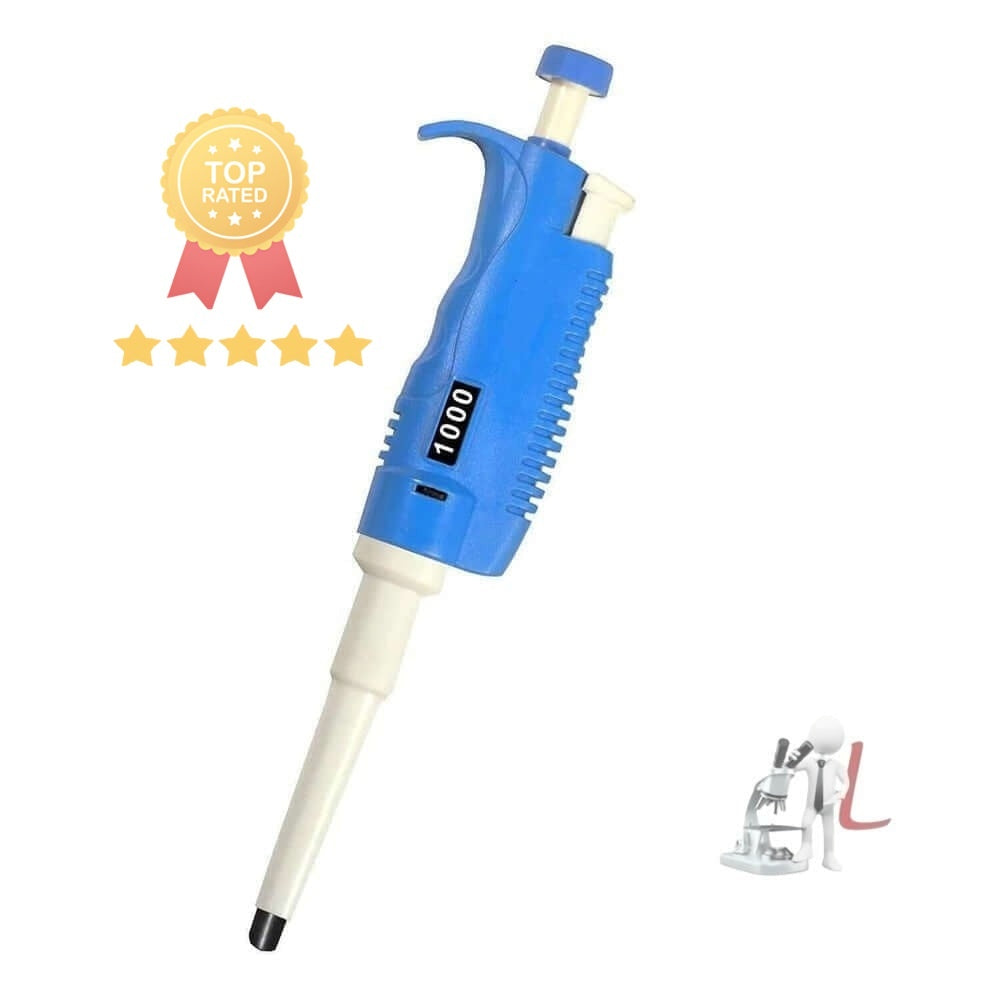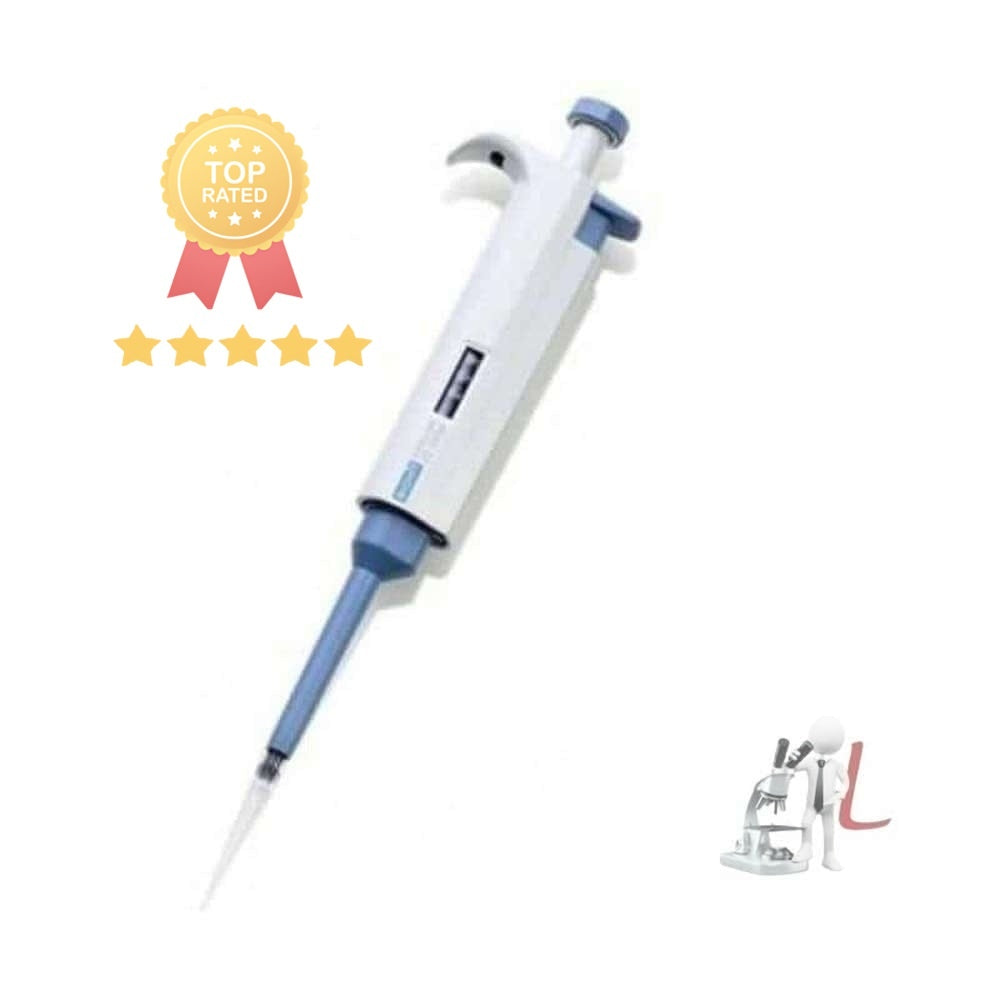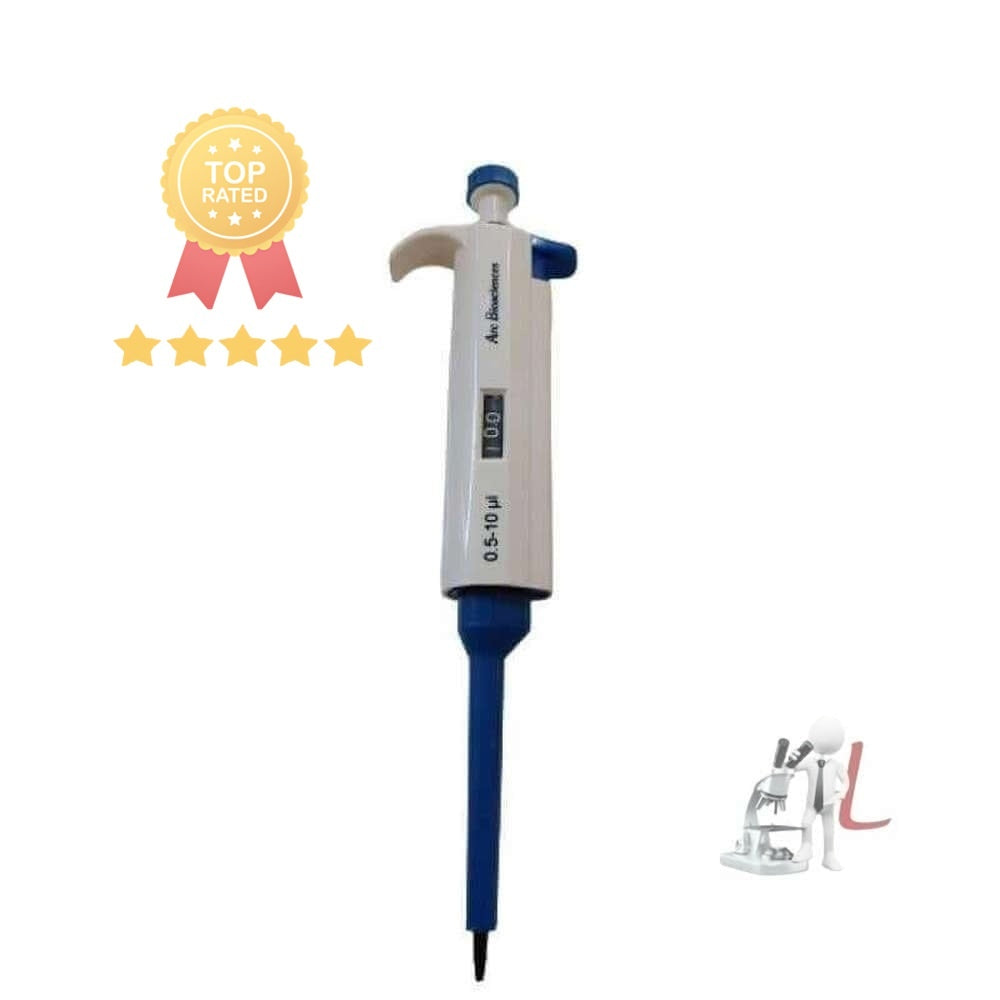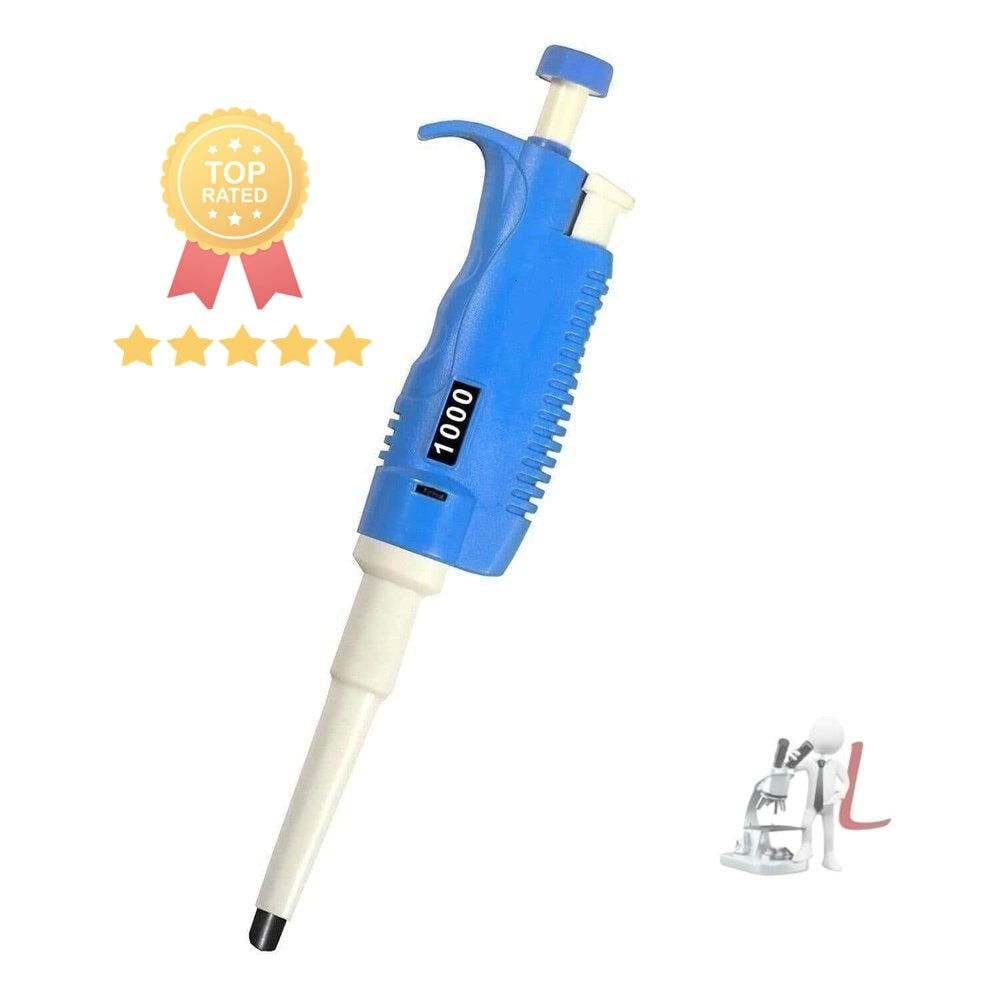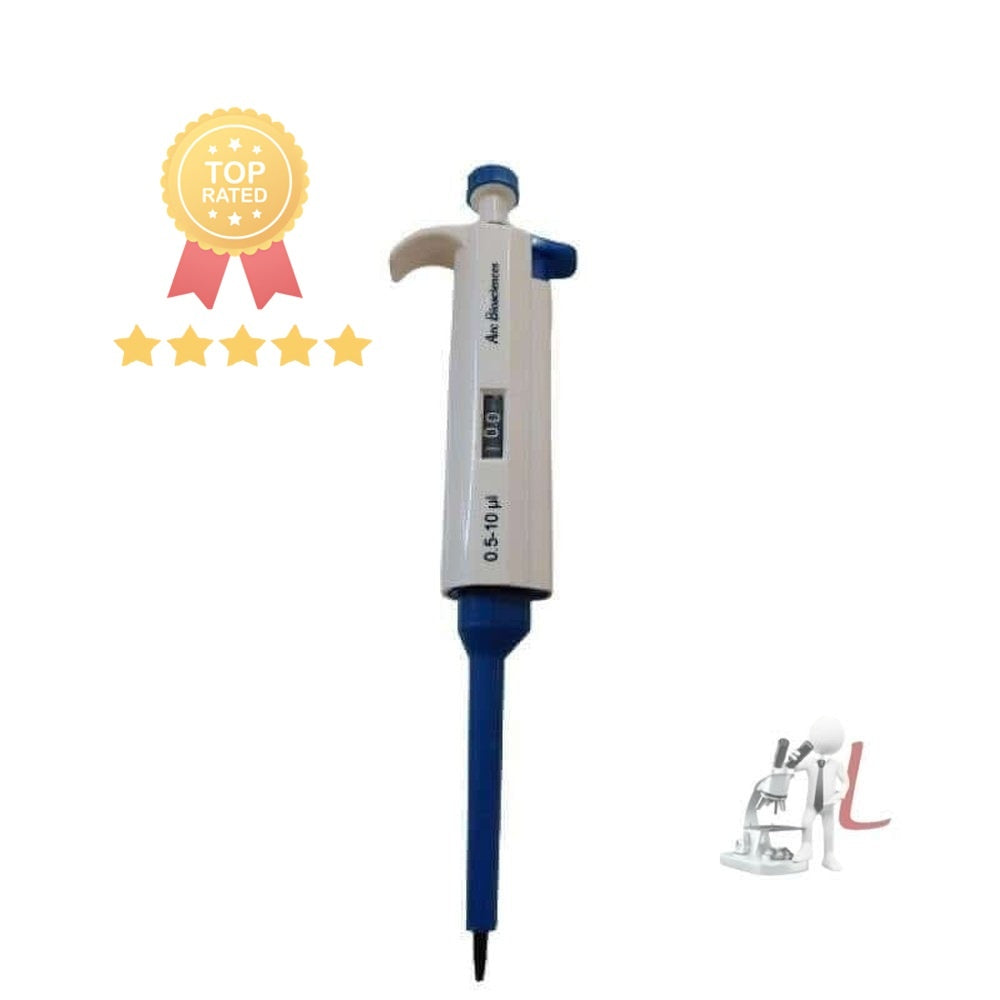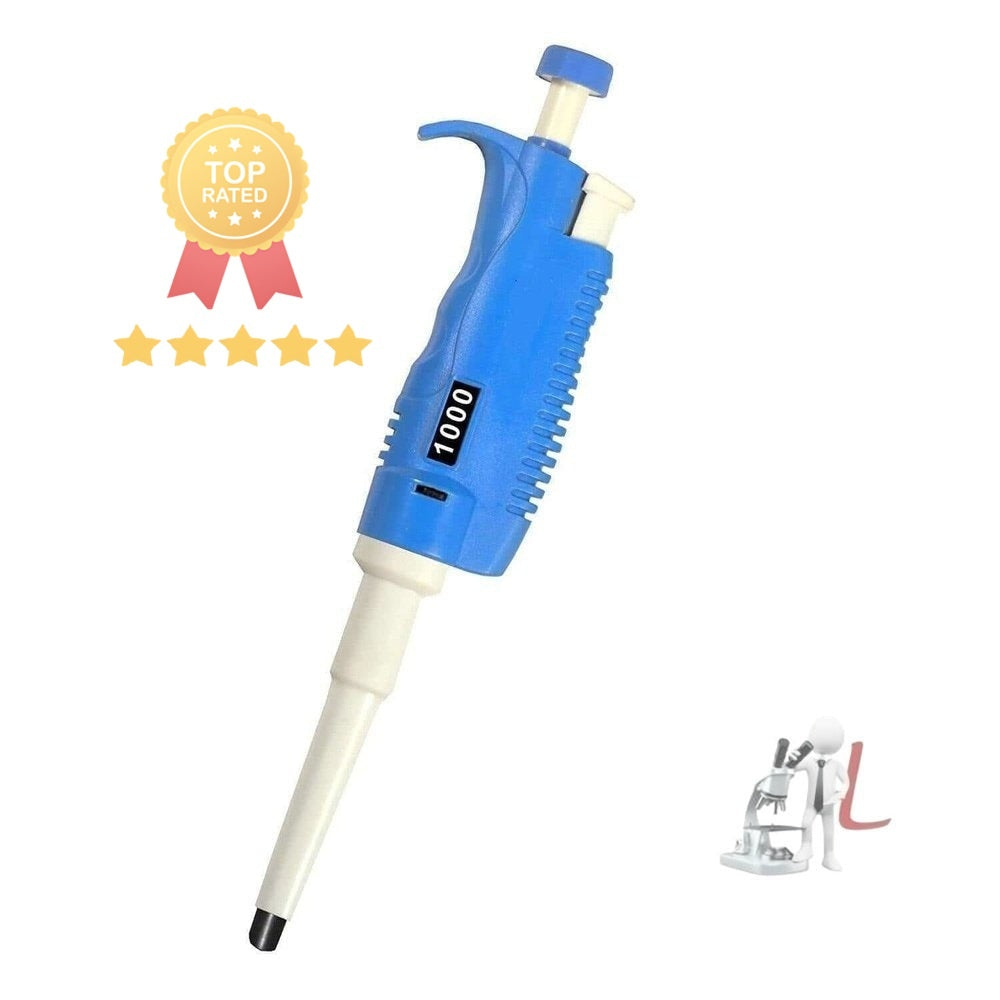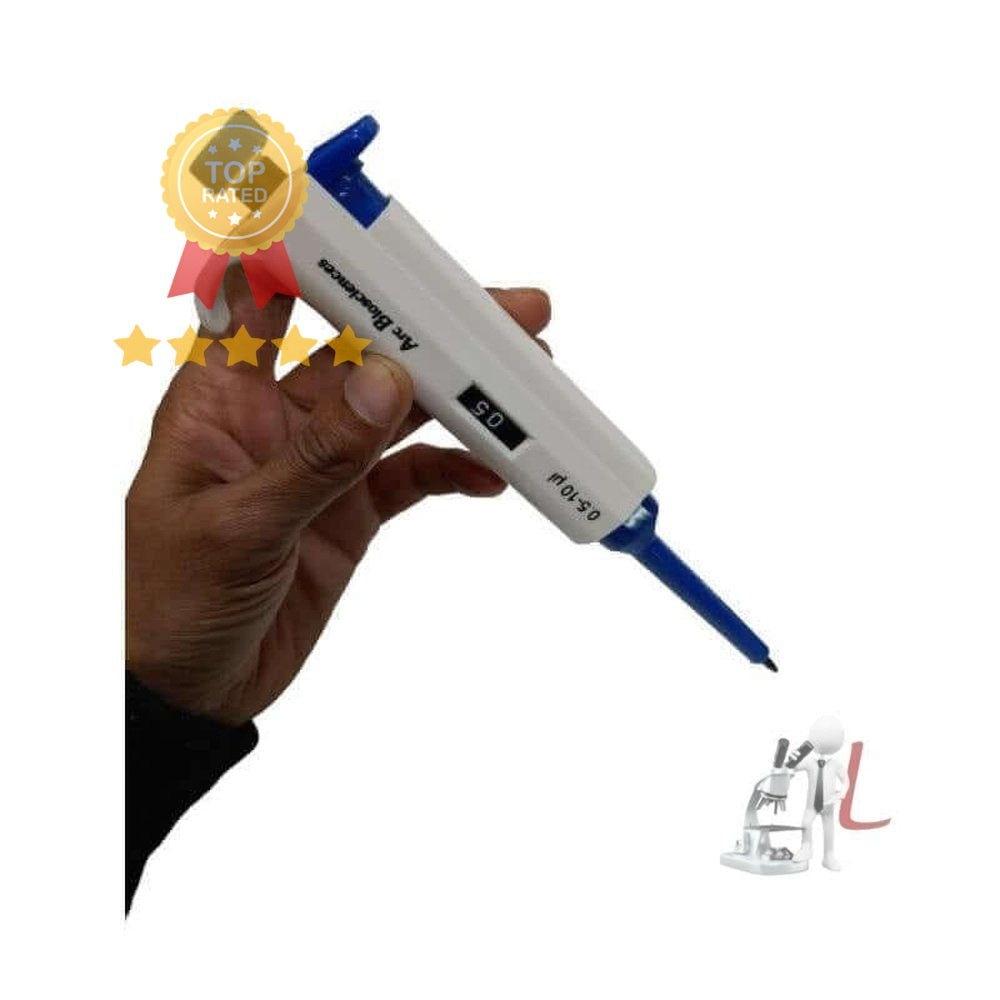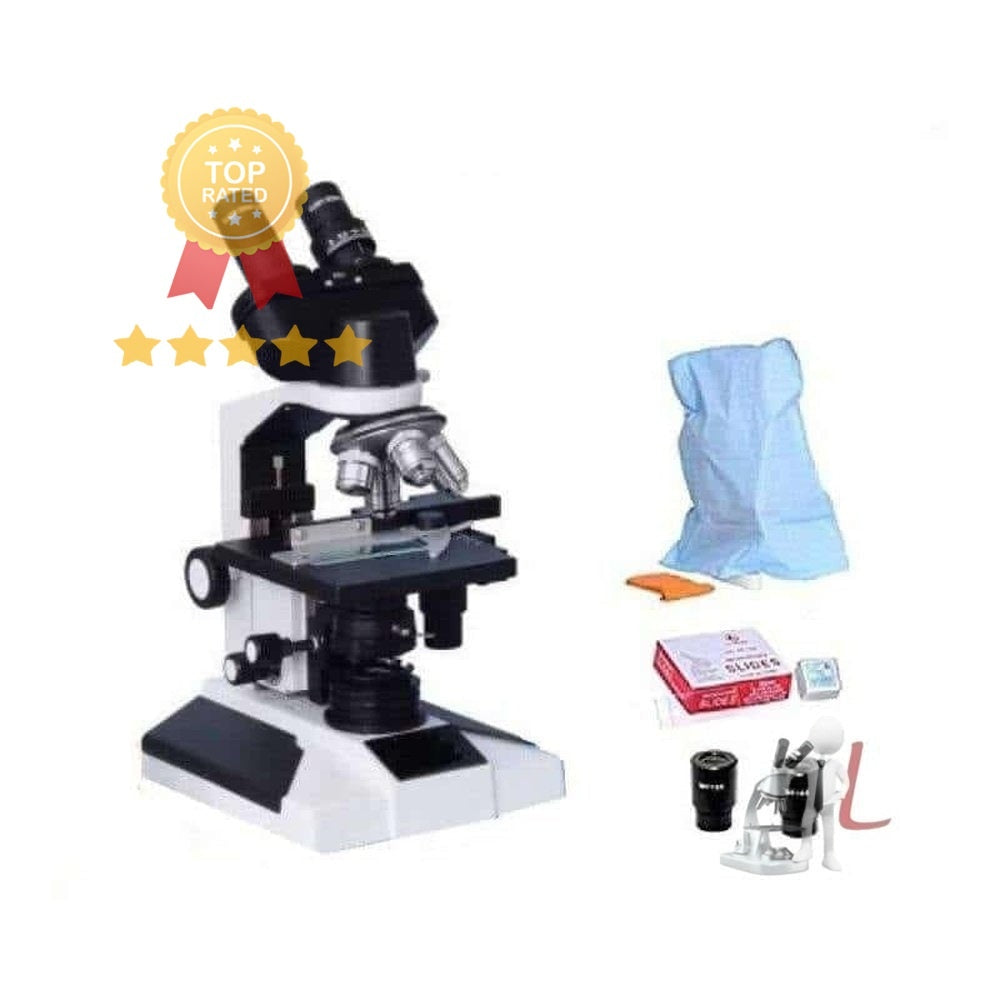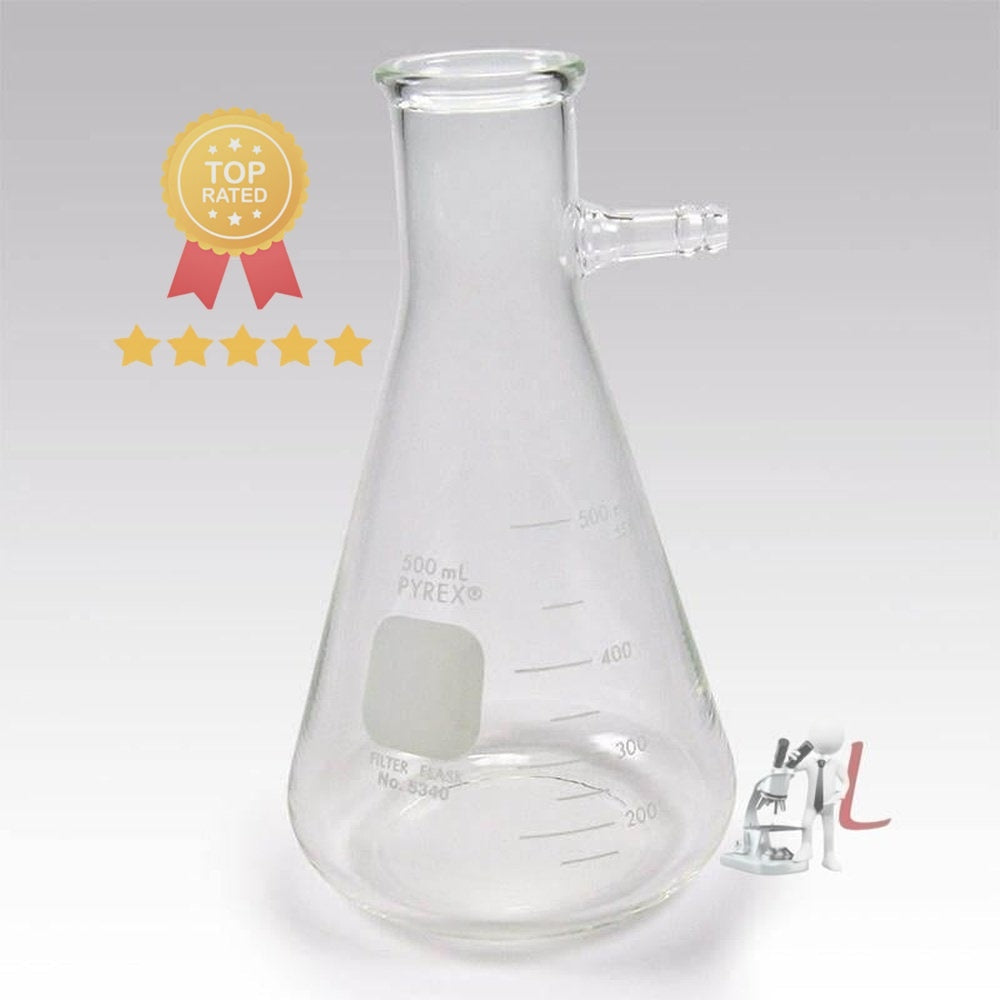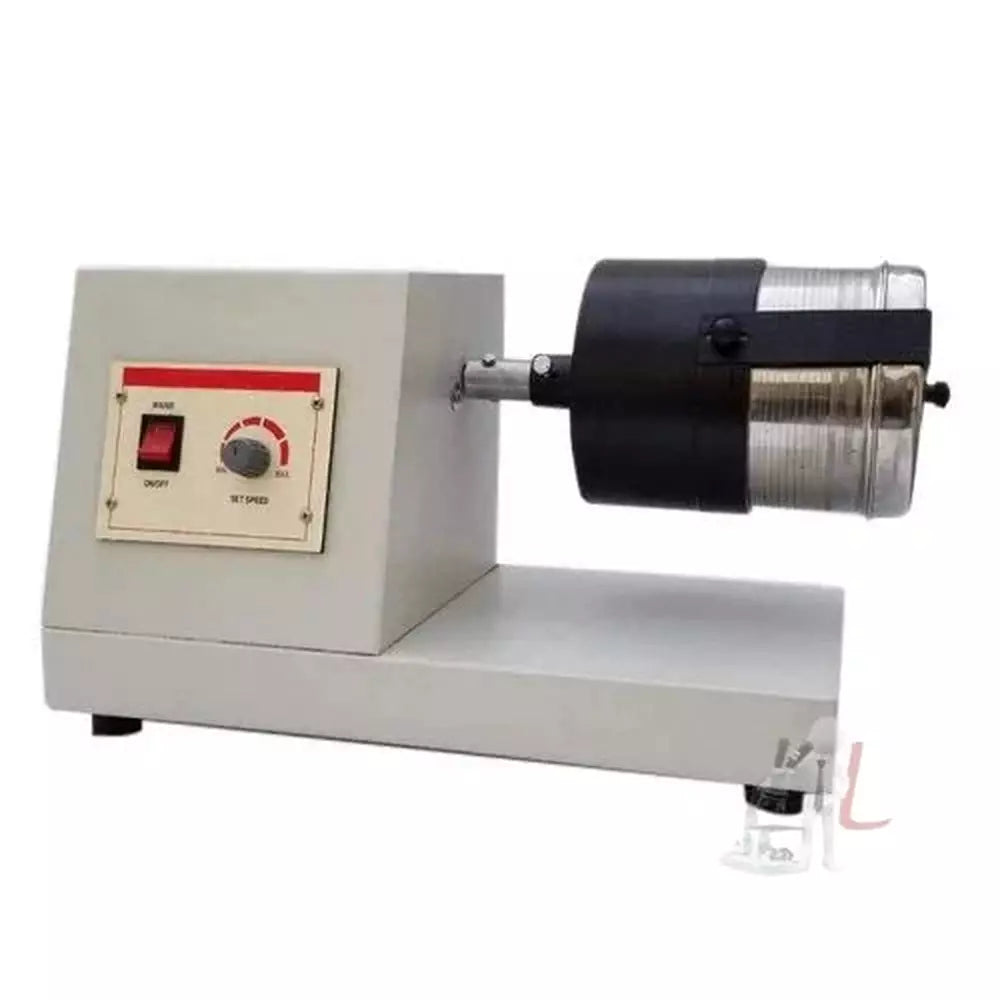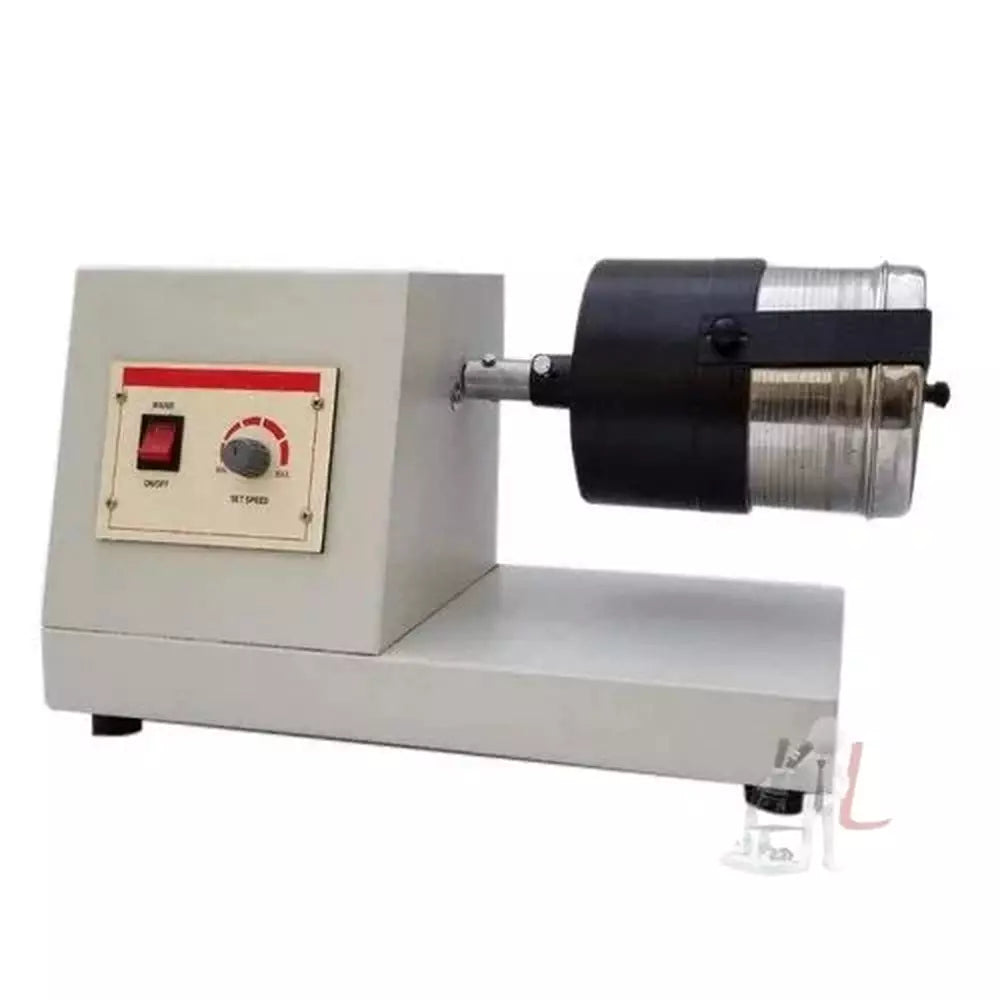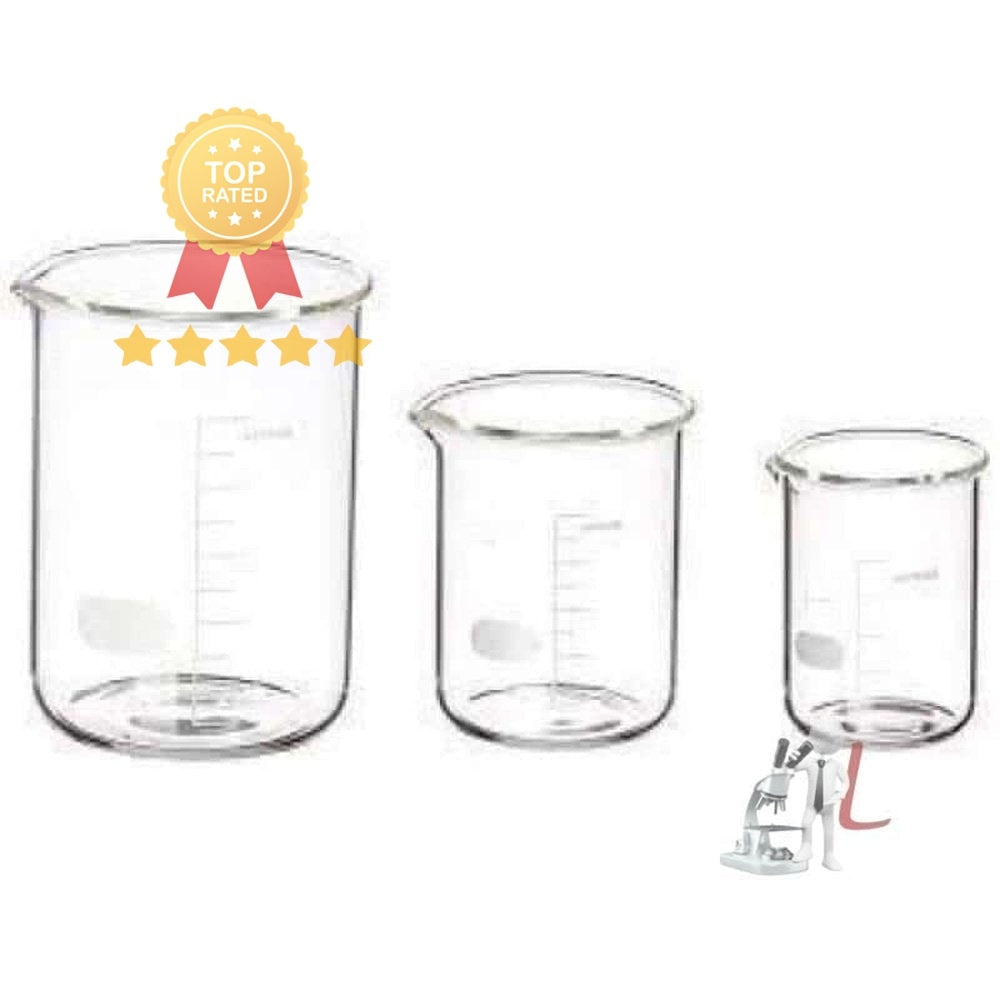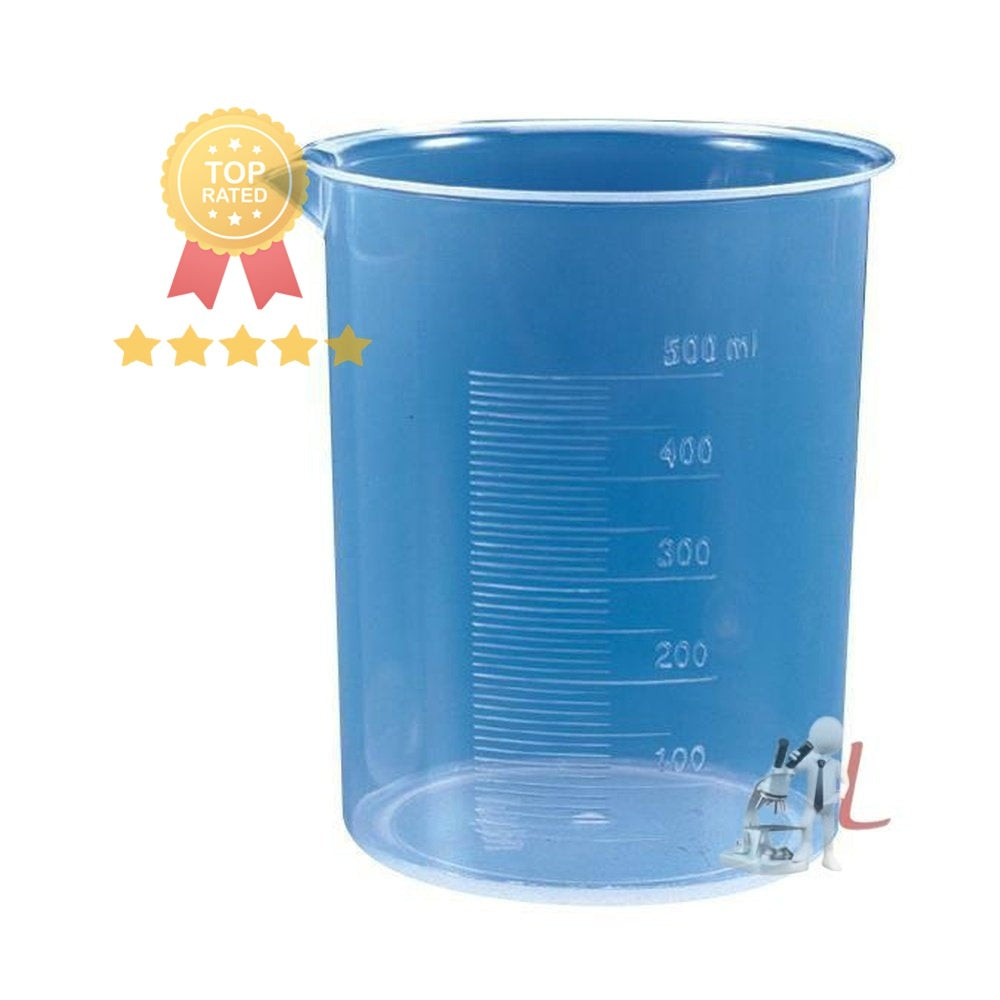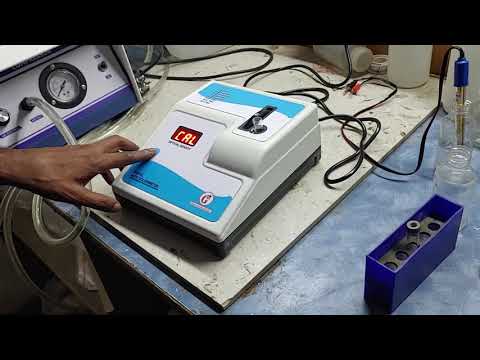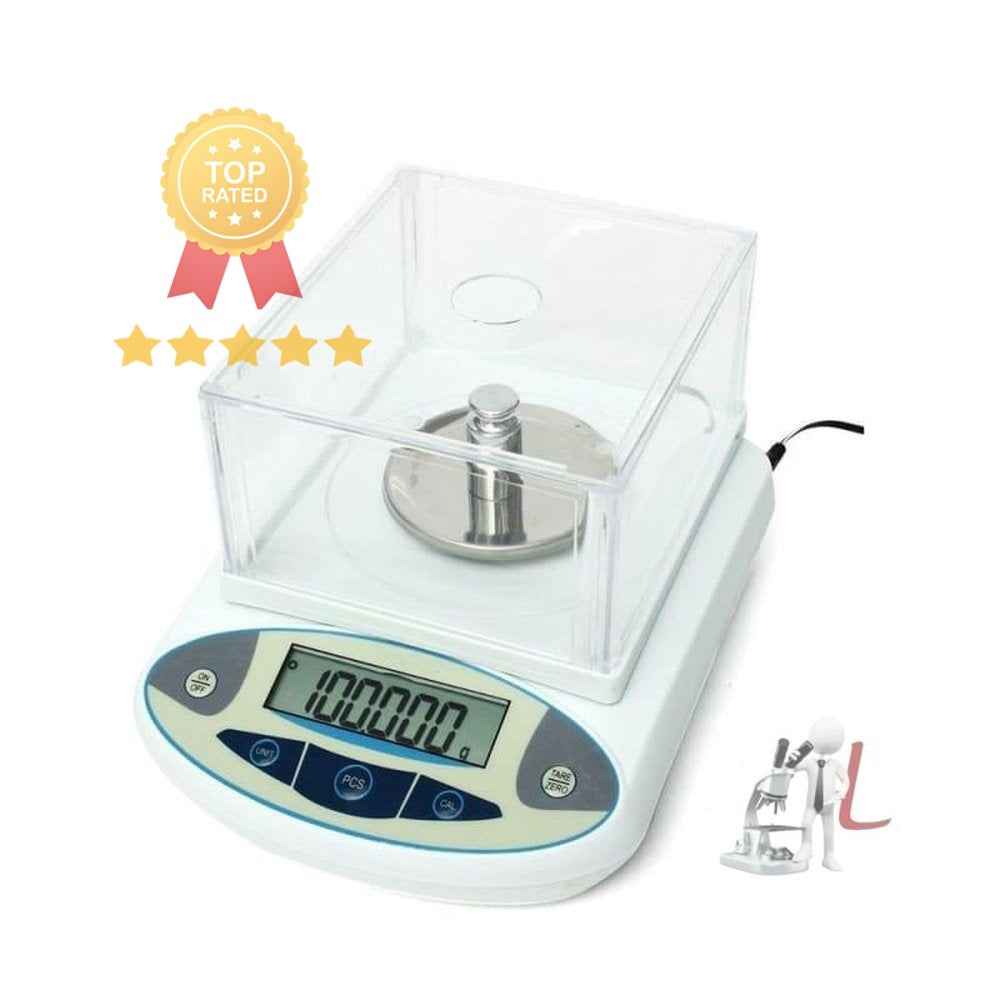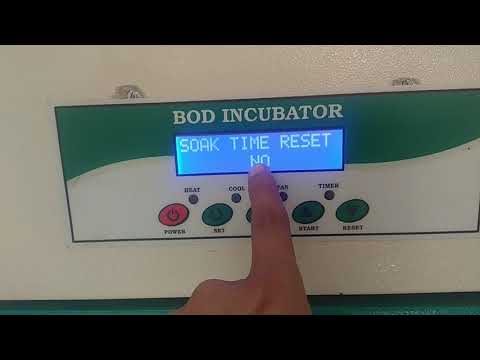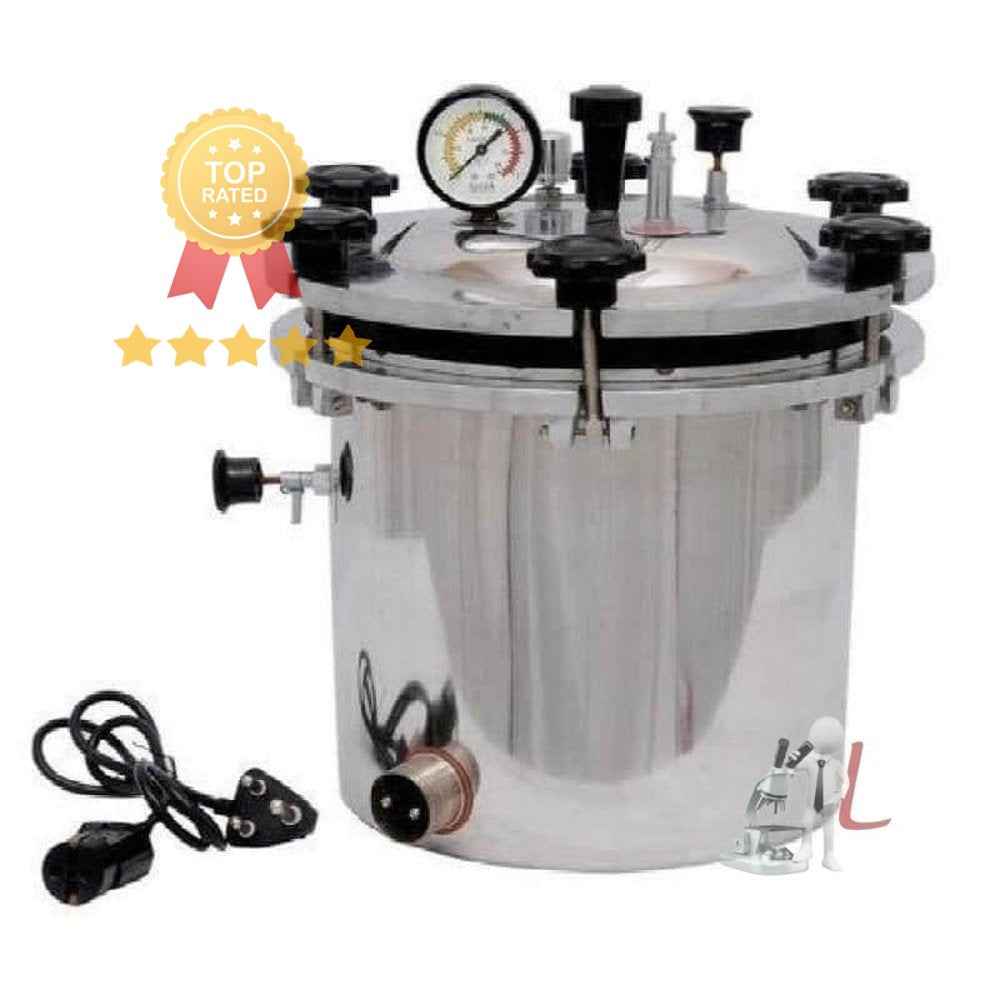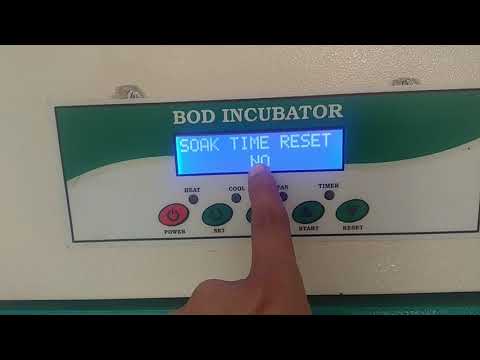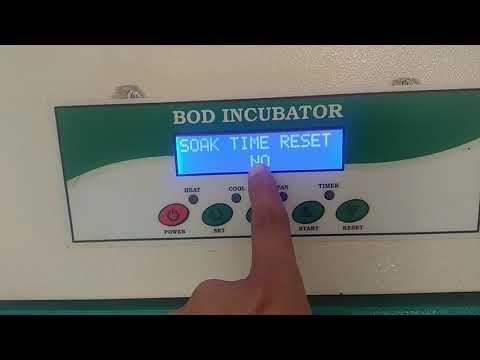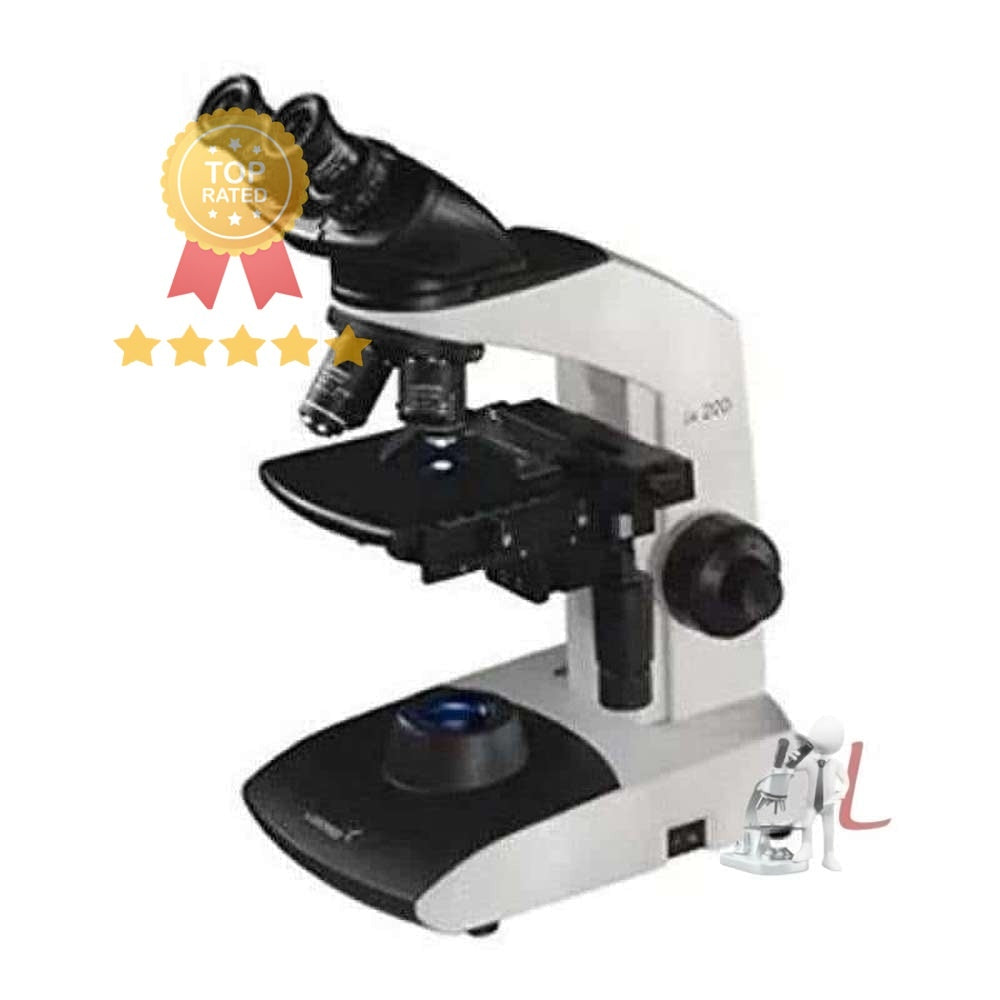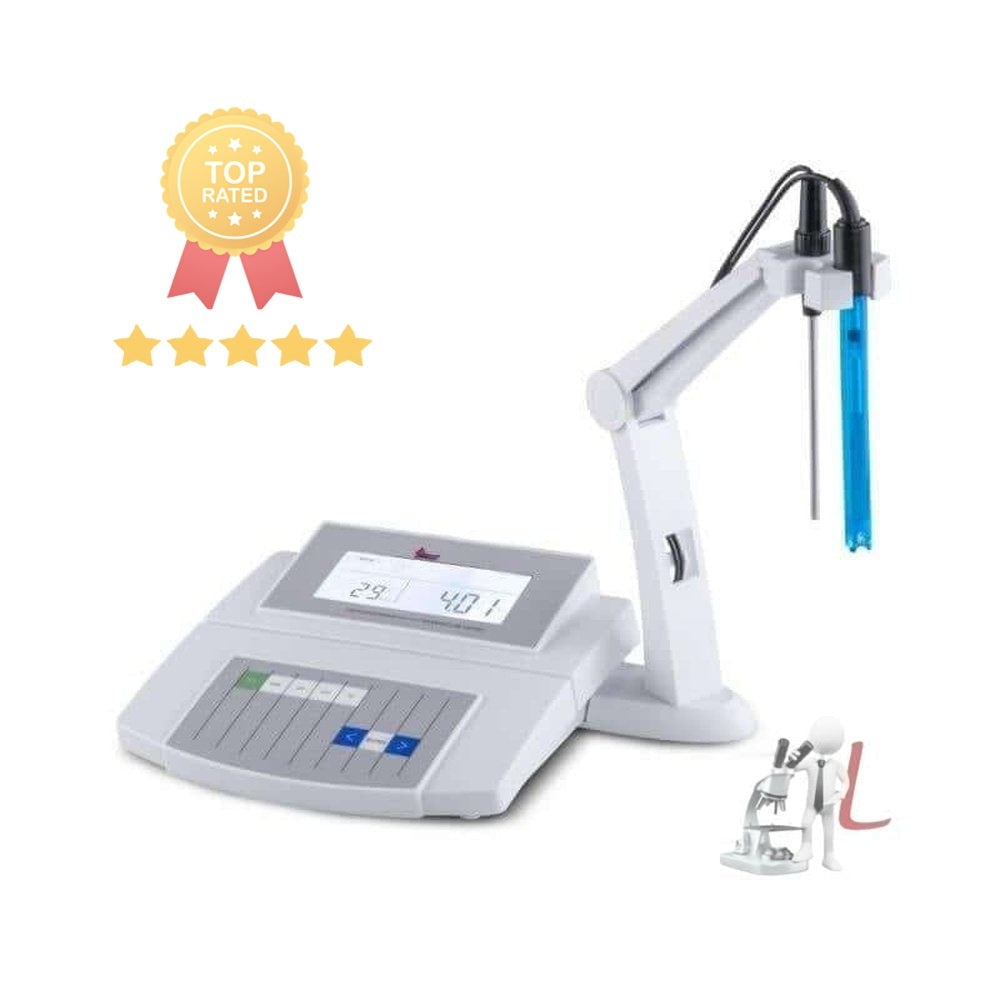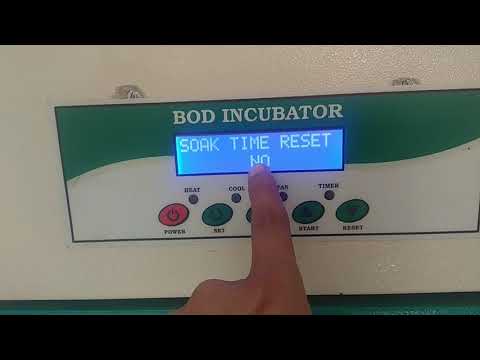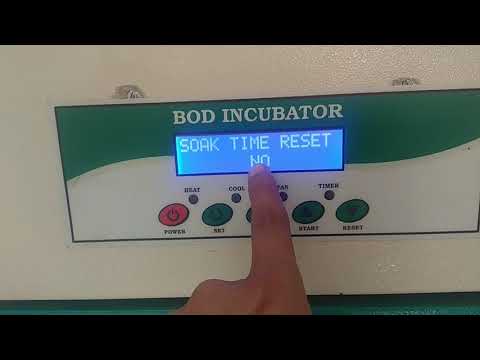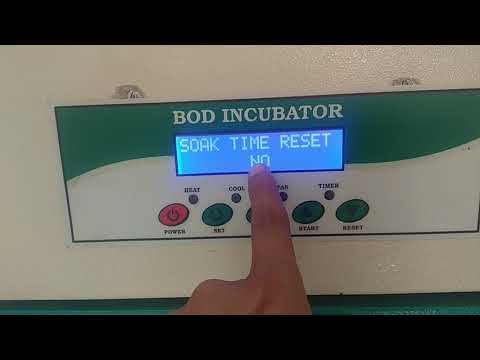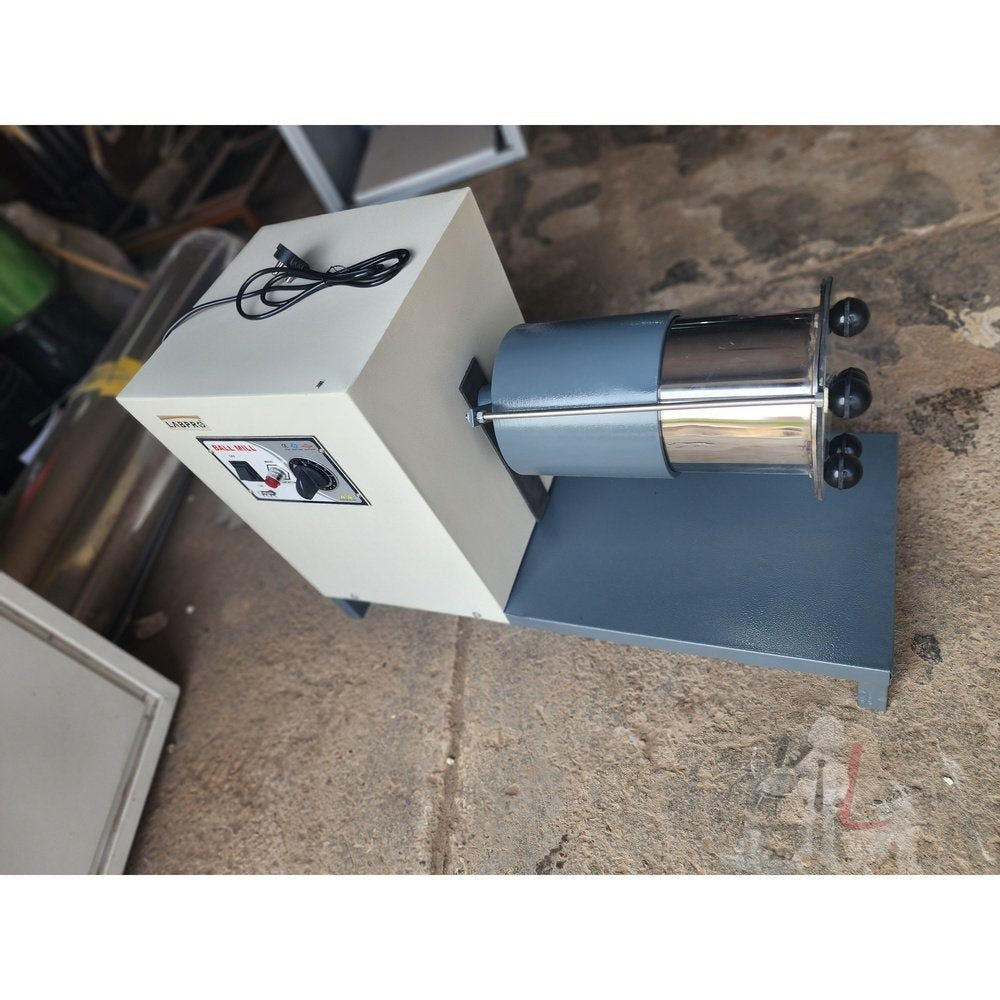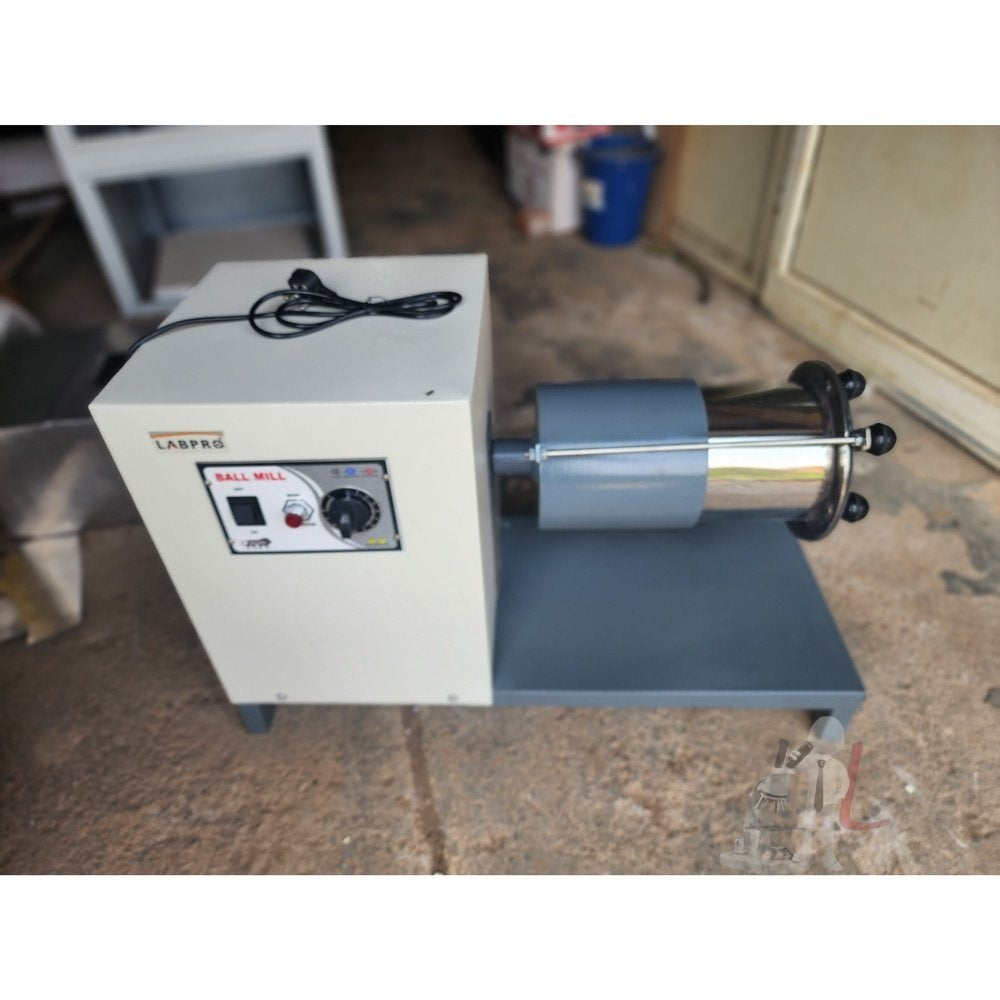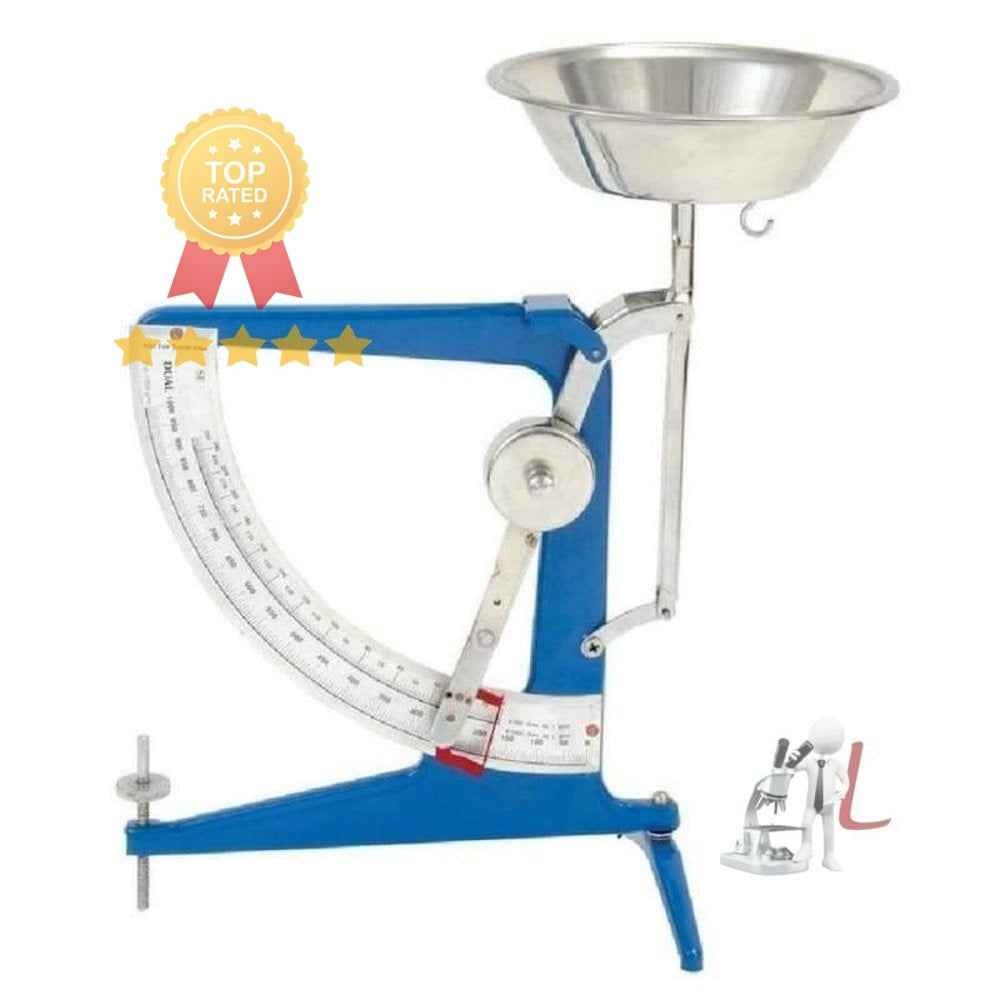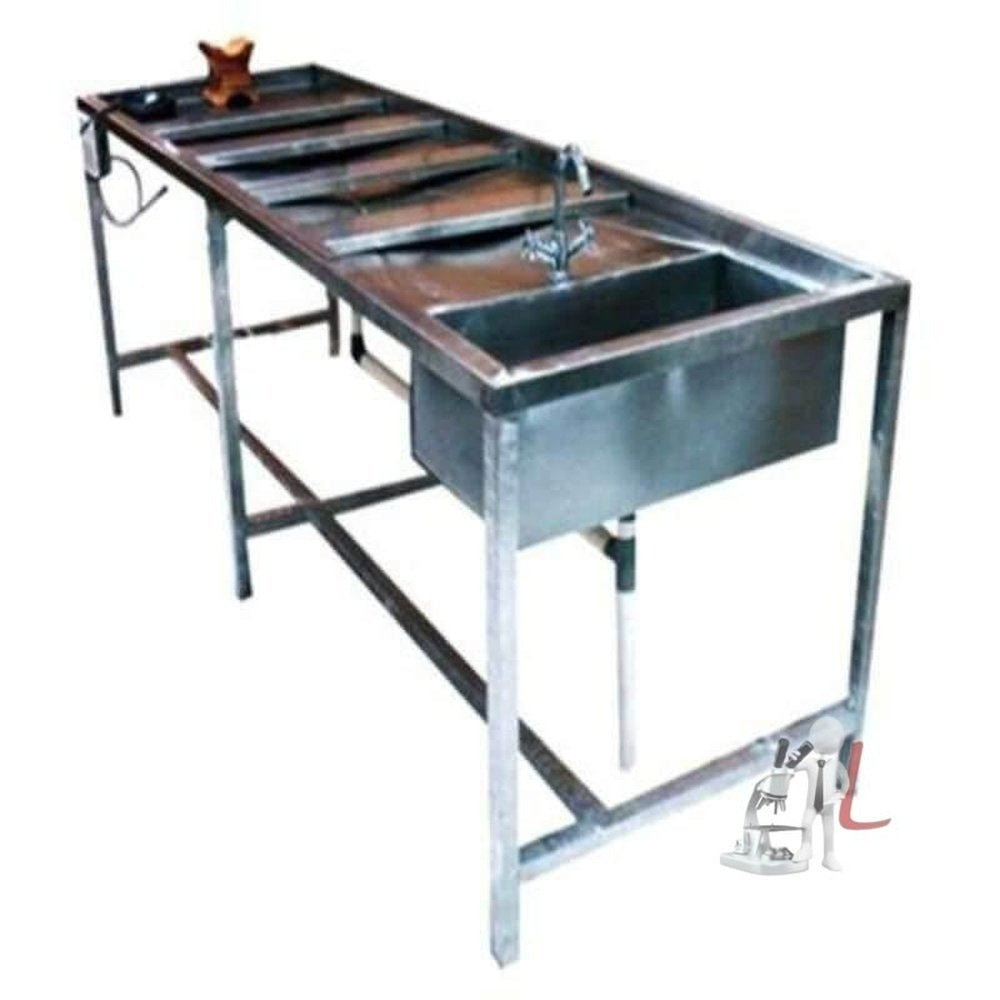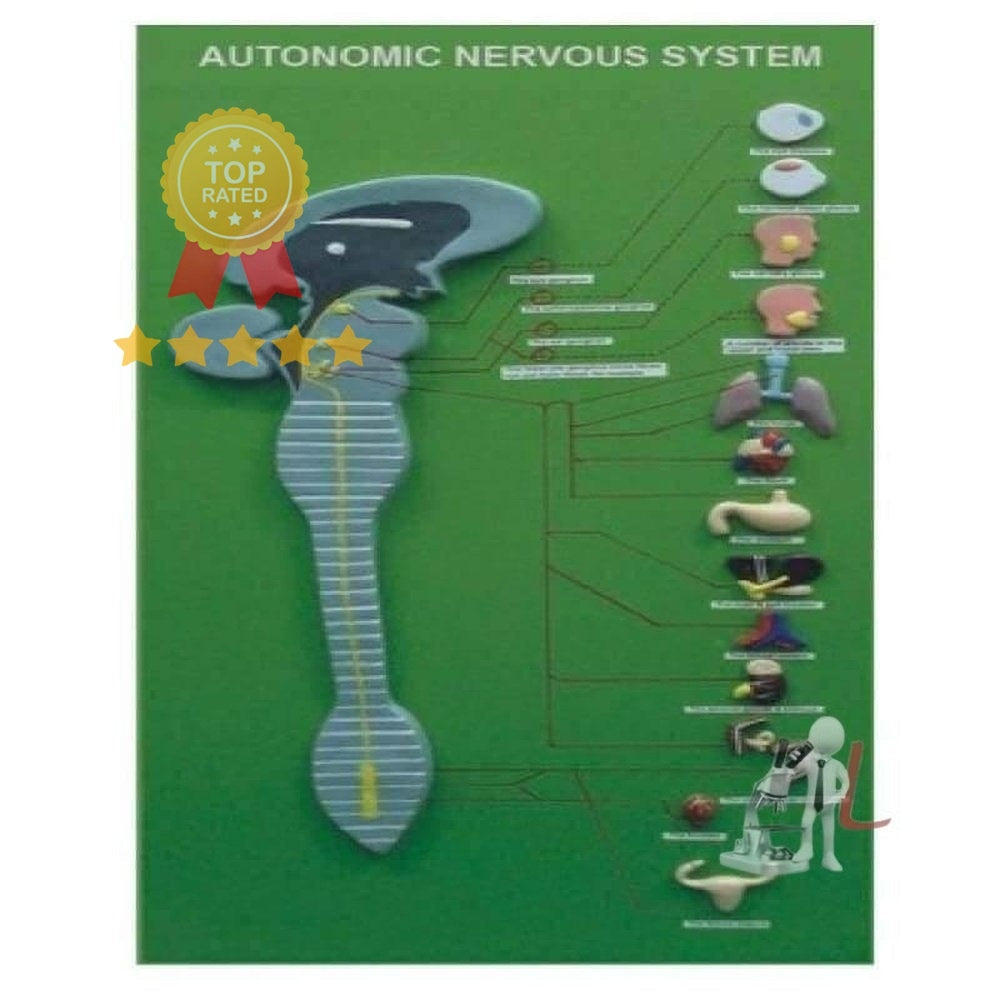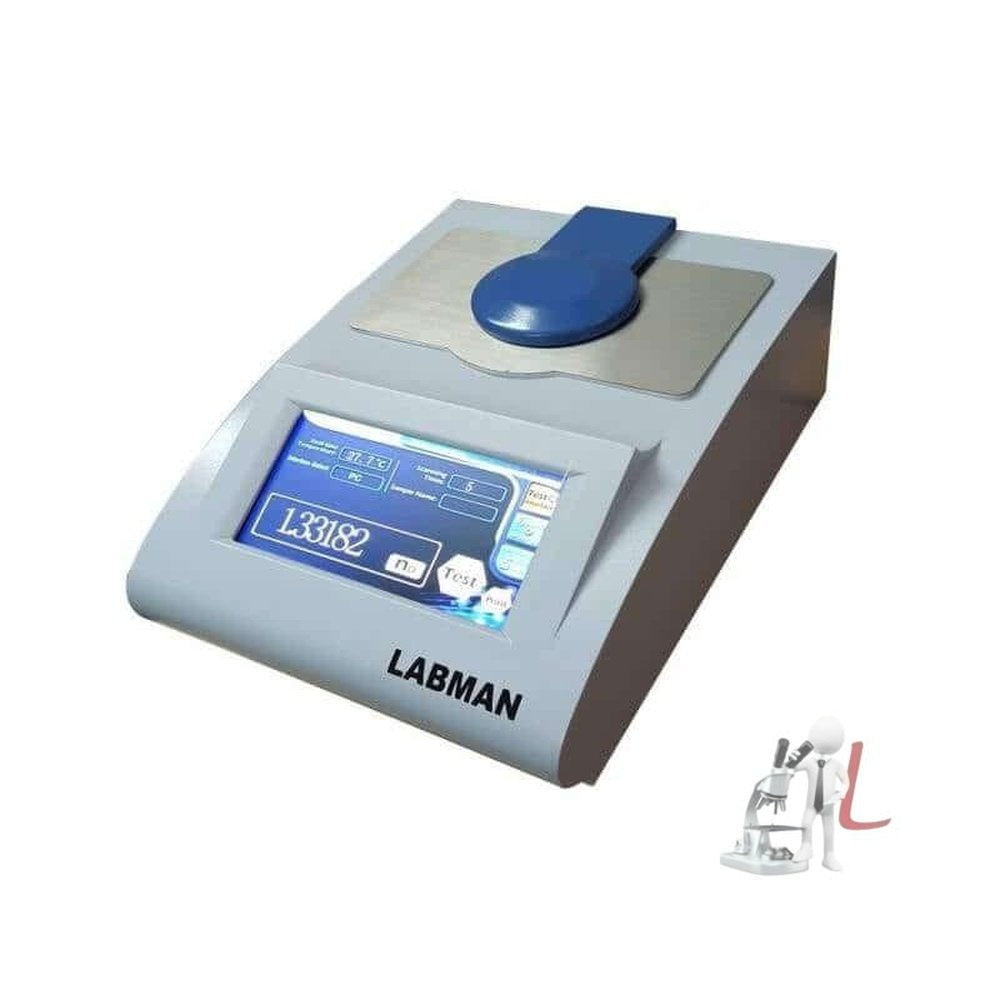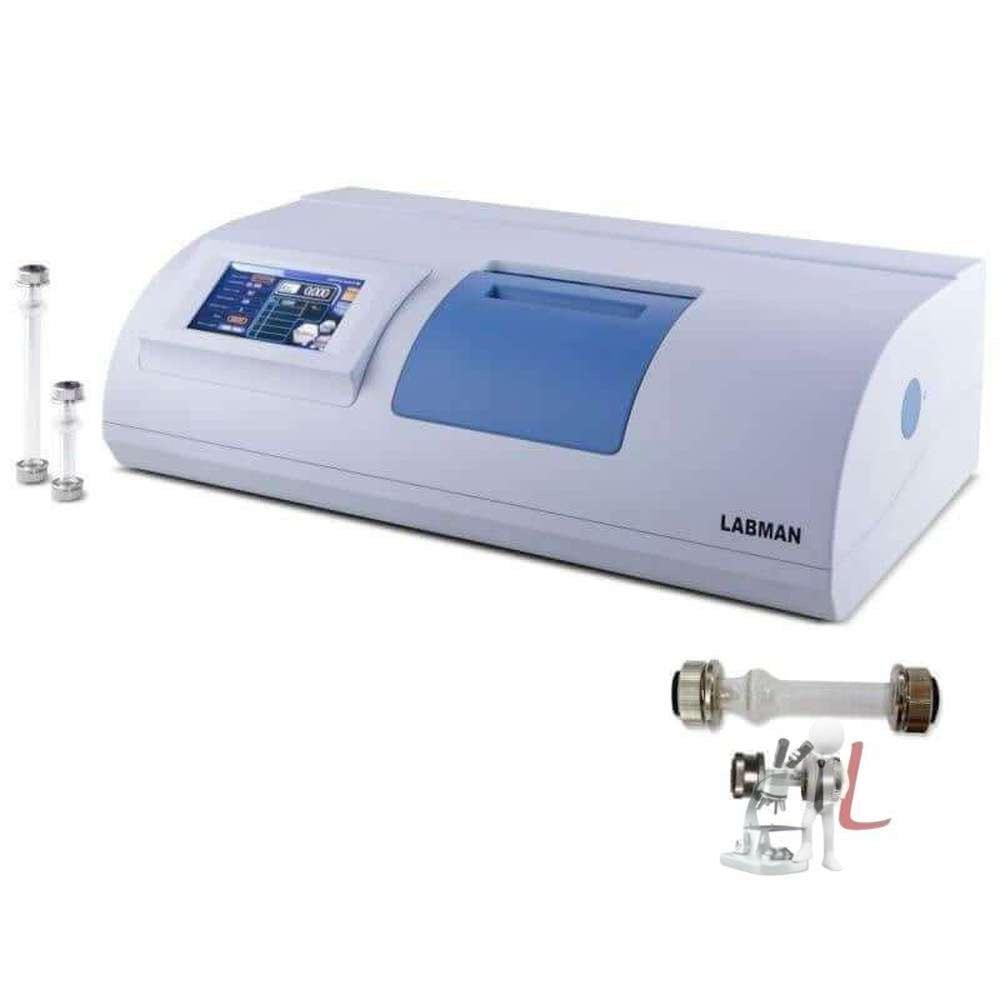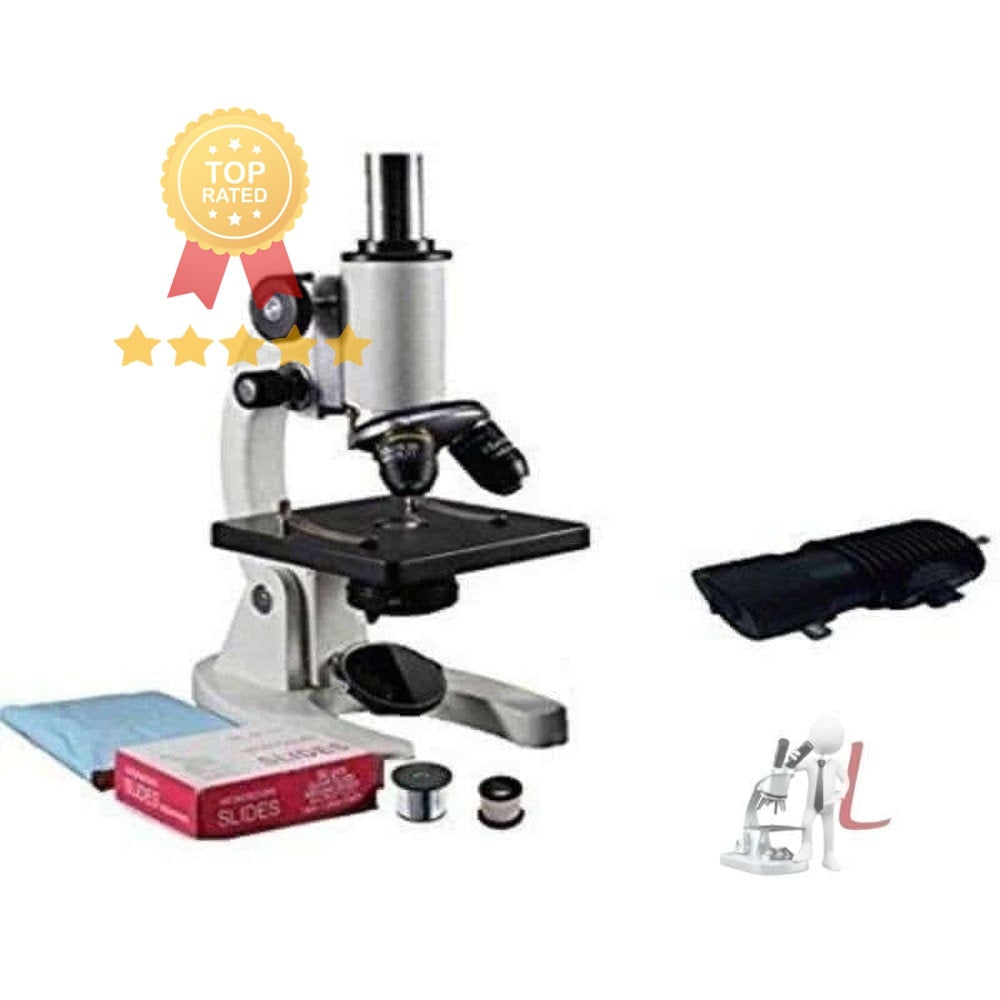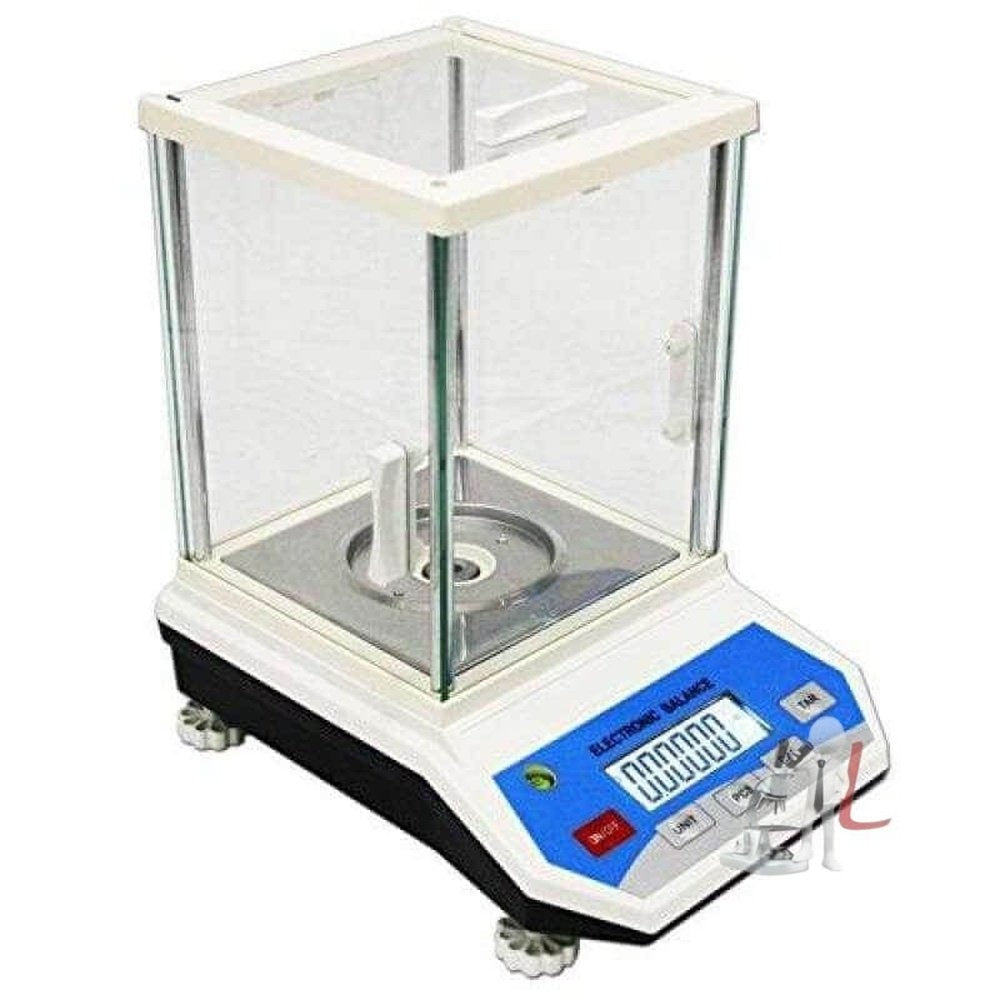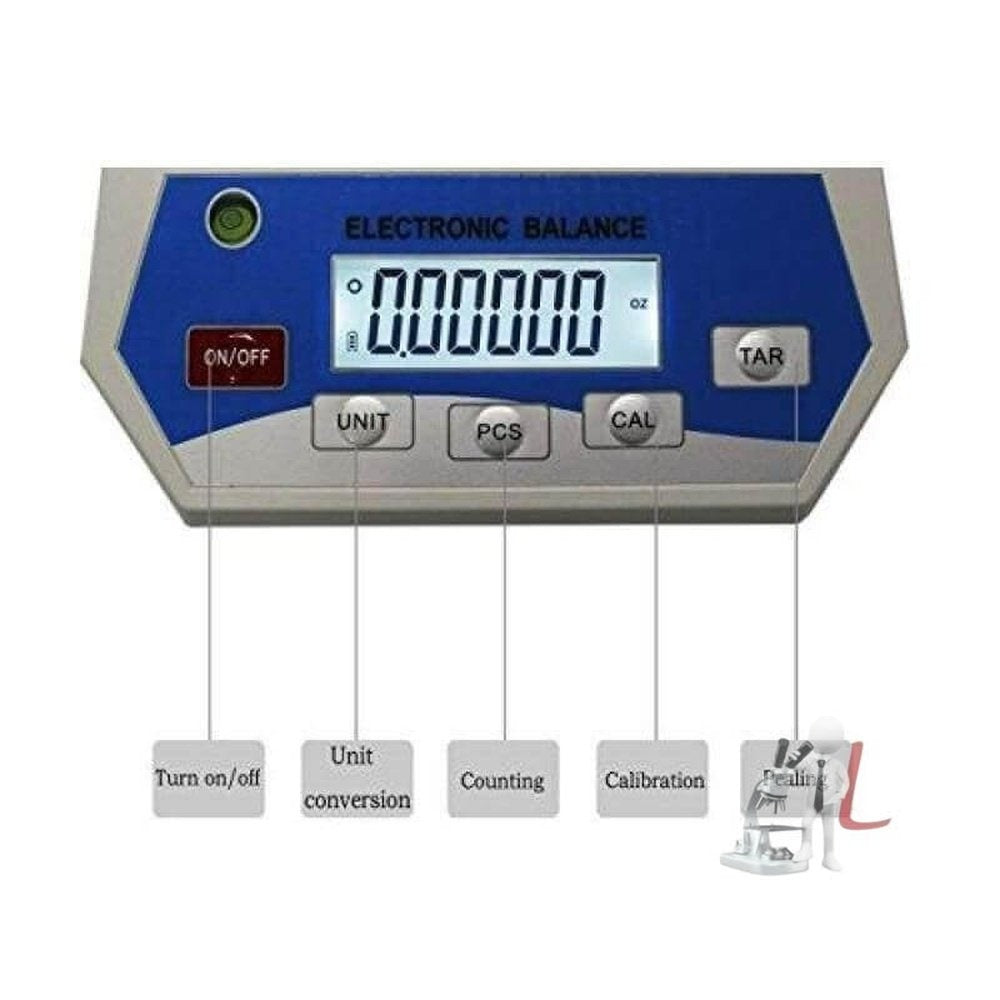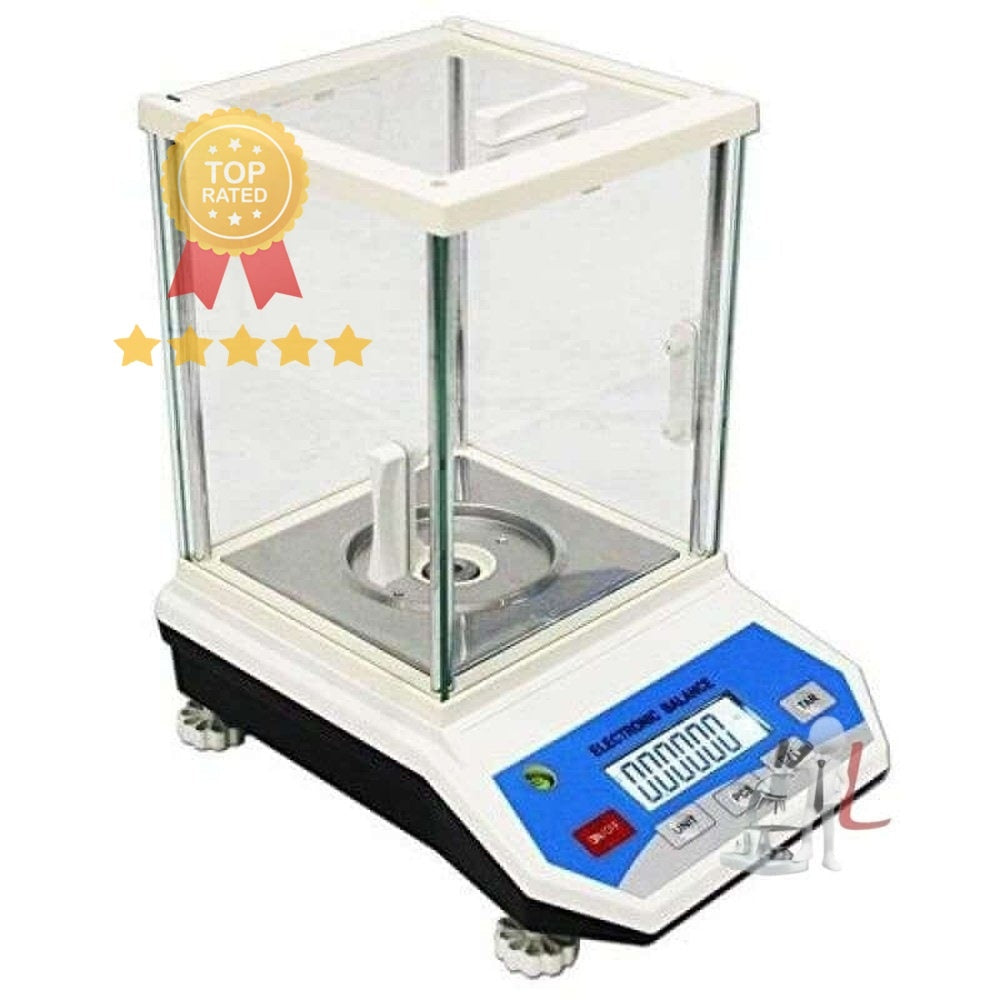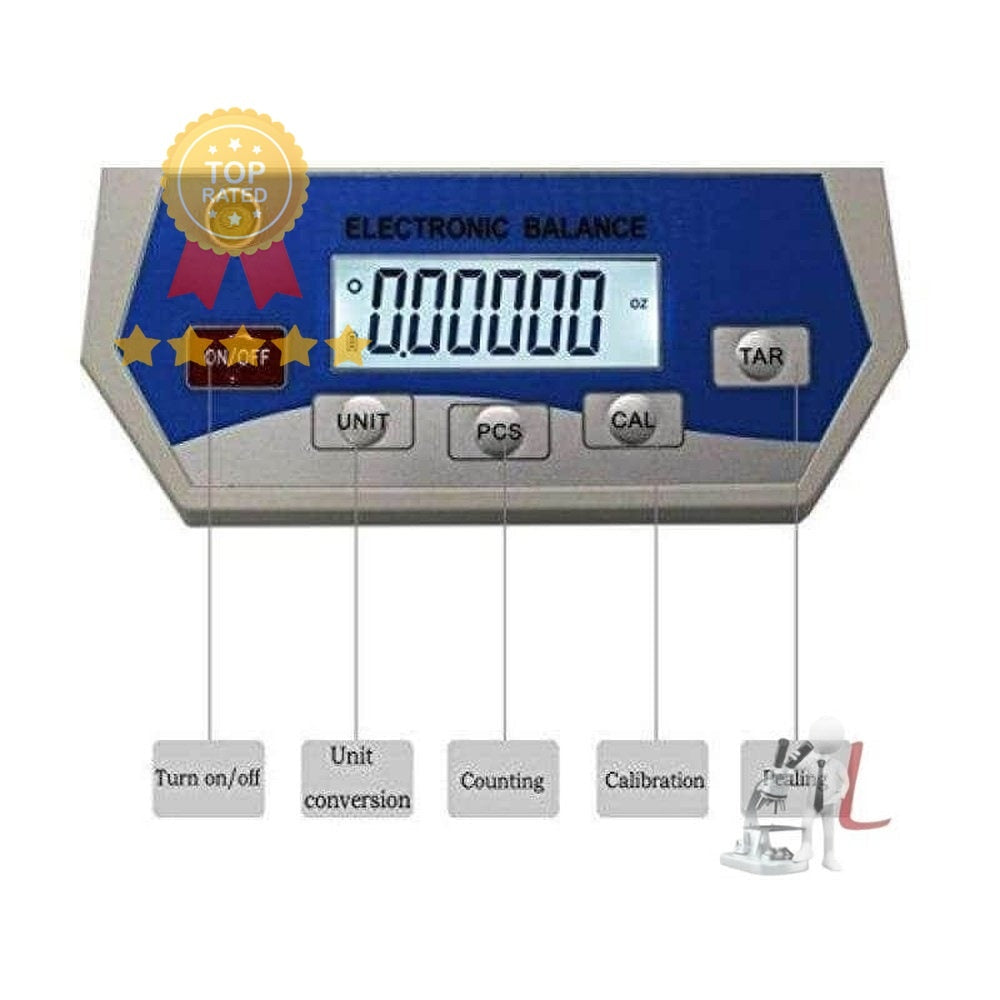Biotechnology Lab Tools: Foundations for Advanced Research
Biotechnology lab tools are essential components for conducting advanced research in the field of biotechnology. These tools encompass a wide range of equipment and instruments that facilitate scientific experiments, analysis, and development in various biotechnological applications. From molecular biology to genetic engineering, biotechnology lab tools play a crucial role in ensuring precise and accurate results.
In the realm of biotechnology, the advancement of research heavily relies on the availability and efficiency of specialized lab tools. As the field continues to evolve, researchers are consistently seeking innovative solutions to enhance their experimental processes. The importance of biotechnology lab tools cannot be overstated, as they provide the necessary support for a vast array of experiments, including DNA sequencing, protein analysis, cell culture, and microbiological assessments.
Among the most vital biotechnology lab tools are pipettes, which allow for the accurate measurement and transfer of liquids, crucial for experiments that require precise volumes of reagents. Additionally, centrifuges are indispensable in separating components in biological samples, enabling researchers to isolate DNA, RNA, and proteins effectively. Furthermore, incubators provide controlled environments for cell culture and growth, ensuring optimal conditions for microbial and cellular proliferation.
Another key tool in biotechnology labs is the PCR machine, or thermal cycler, which amplifies DNA samples for various applications, such as genotyping and cloning. Gel electrophoresis equipment is equally important, as it helps visualize DNA fragments and analyze genetic material’s size and purity. Spectrophotometers, used to measure the absorbance or transmission of light through samples, are also crucial for quantifying nucleic acids and proteins.
In addition to these fundamental tools, advanced biotechnology labs are increasingly incorporating automated systems and robotics. High-throughput screening systems allow researchers to conduct multiple assays simultaneously, speeding up the research process and increasing data output. This automation not only enhances efficiency but also minimizes human error, further improving the reliability of results.
Biotechnology lab tools are not limited to just equipment; they also include reagents, consumables, and software that support various processes. For instance, specialized enzymes and reagents are crucial for molecular cloning and sequencing, while bioinformatics software assists in analyzing data generated from high-throughput experiments. Together, these components form the backbone of modern biotechnology research.
As research becomes more interdisciplinary, the demand for biotechnology lab tools continues to grow. Fields such as synthetic biology, genomics, and epigenetics require sophisticated tools that can handle complex biological systems and provide insights into cellular functions. Therefore, investing in state-of-the-art biotechnology lab tools is imperative for researchers aiming to stay at the forefront of their fields.
In conclusion, biotechnology lab tools are indispensable for advanced research in biotechnology. As technology progresses, these tools will evolve, providing researchers with enhanced capabilities to explore the intricacies of life at a molecular level. The proper selection and utilization of biotechnology lab tools will define the success of future scientific discoveries and innovations in this ever-expanding field.
Filter
Sort by

